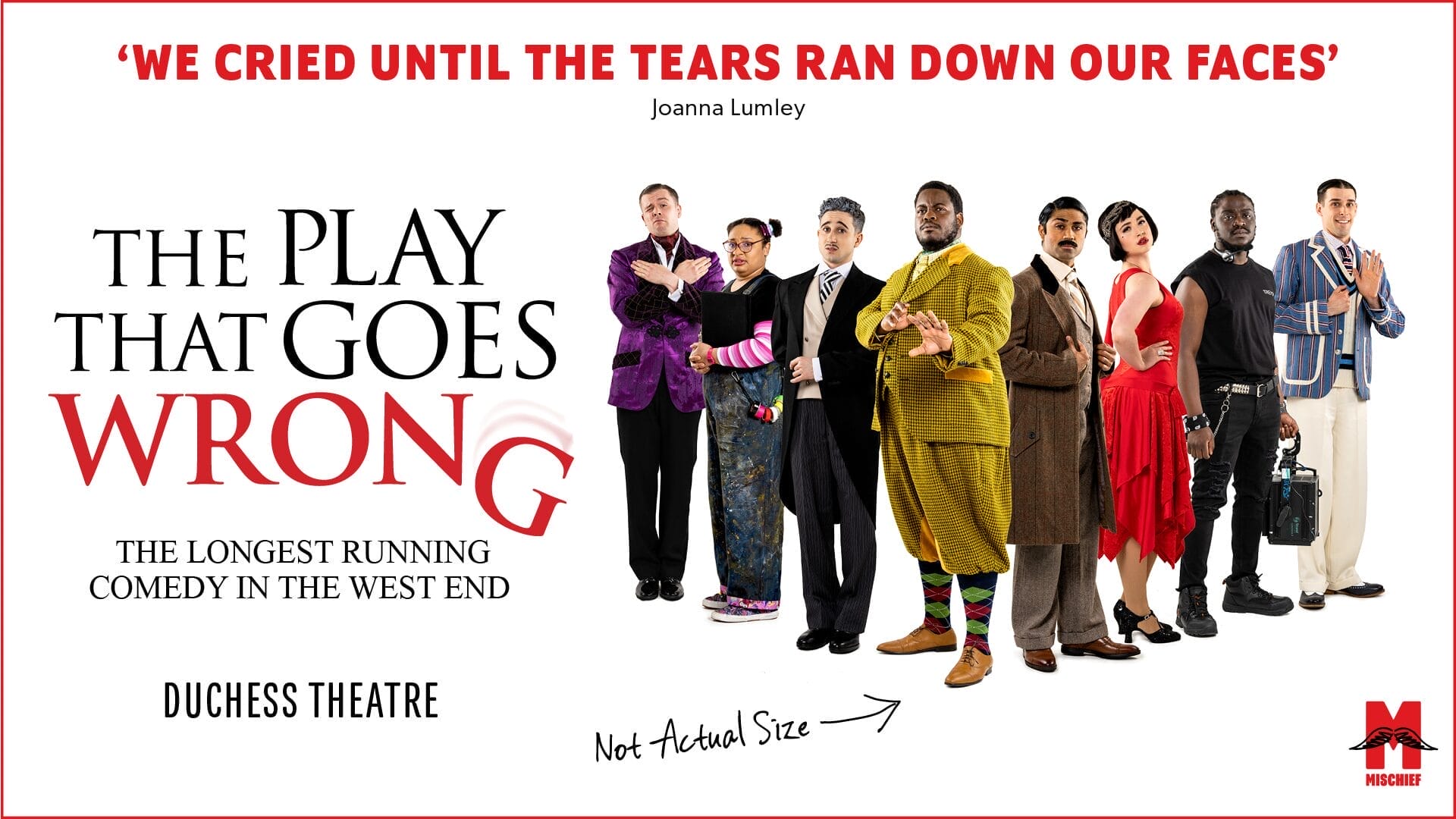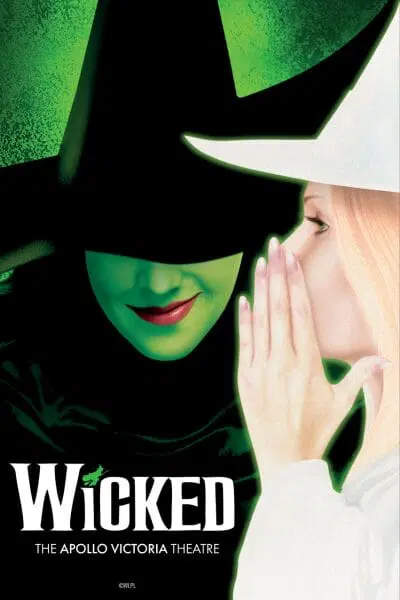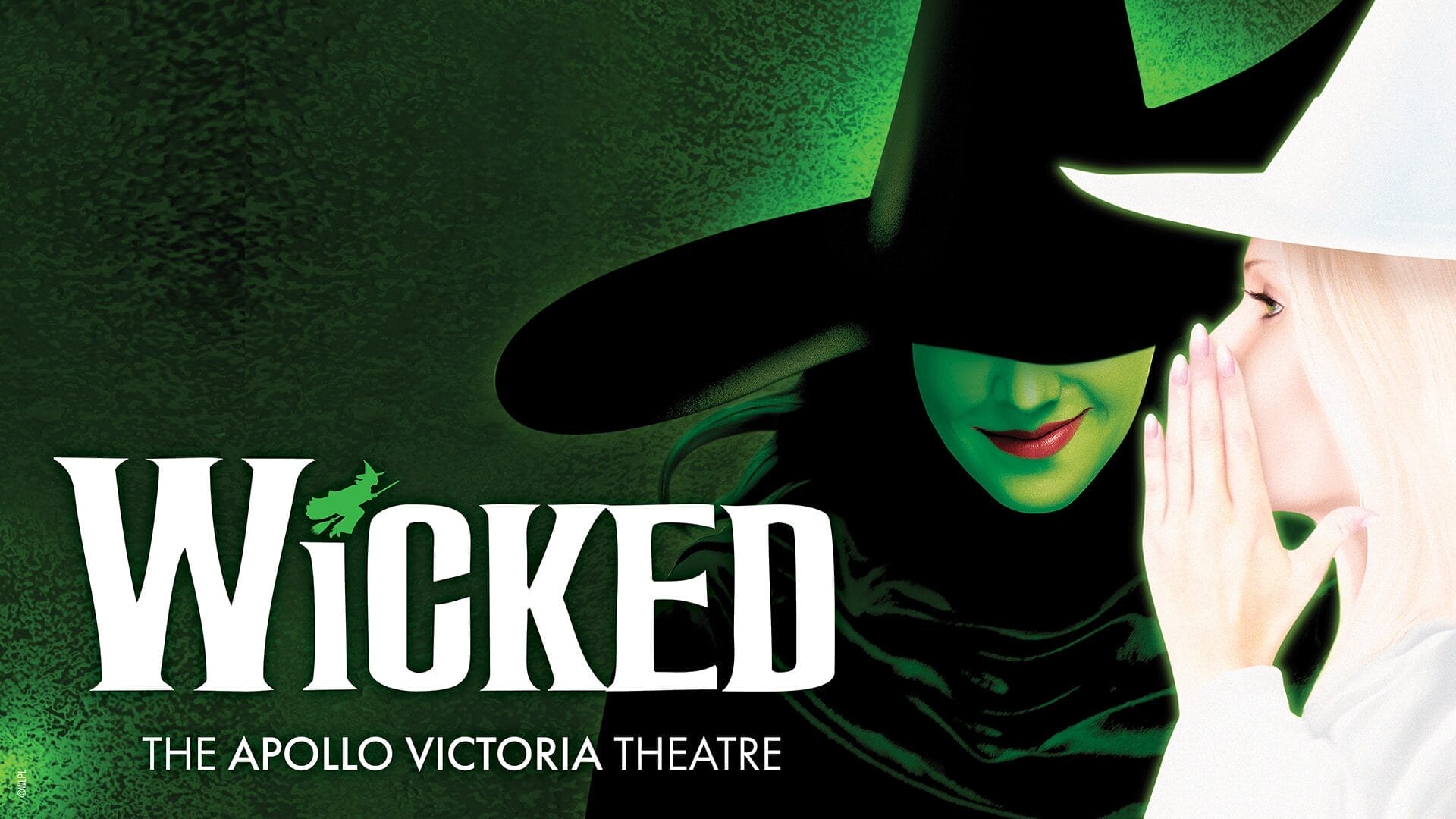 Lucy McCormick’s cabaret, Lucy and Friends, essentially a one-woman show, features the same iconoclastic elements that have made her famous: a cocktail of blasphemy, nudity, sex, and filth. There’s no doubt about her talent, voice, and wit; McCormick captivates with her stage presence. However, she falls short in terms of originality beyond the scandalous.
Lucy McCormick’s cabaret, Lucy and Friends, essentially a one-woman show, features the same iconoclastic elements that have made her famous: a cocktail of blasphemy, nudity, sex, and filth. There’s no doubt about her talent, voice, and wit; McCormick captivates with her stage presence. However, she falls short in terms of originality beyond the scandalous.
The unconventional cabaret, which hardly fits the traditional mould, reveals a potpourri of scenes ranging from comedic to scandalous: one moment, the performer sings Adele’s “Hello” dressed as a ghost (covered by a large white sheet), another, she covers herself in tomato sauce, or, as in the obligatory scene, she inserts various objects into her vagina and urinates into a bottle, leaving the audience both amused and shocked. Applause is due to her courage and self-irony, but the show is certainly not for everyone.
Blasphemous, visceral, destructive, and capable of shocking even the most jaded spectator, Lucy and Friends also contains moments of introspection and depth. It questions the value of art and what constitutes art, offering a meta-theatrical reflection and delving into human solitude, attempting to transform the performance into an act of conviviality and sharing, an encounter among friends. McCormick even invites audience members to join her on stage, aiding her in the finale and sympathising with her clumsiness and vulnerability. Amidst the chaos of filth, aggression, and props, the audience is somehow drawn into a standing ovation at the end.
Lucy and Friends delivers precisely what one would expect from McCormick, perhaps with a touch more melancholy and depth. Yet, this might also be its limitation – relying on a successful formula and banking heavily on visual shock value and scandal. The performance entertains and captivates, but it doesn’t deliver anything beyond what one would anticipate before stepping into the theatre.

















